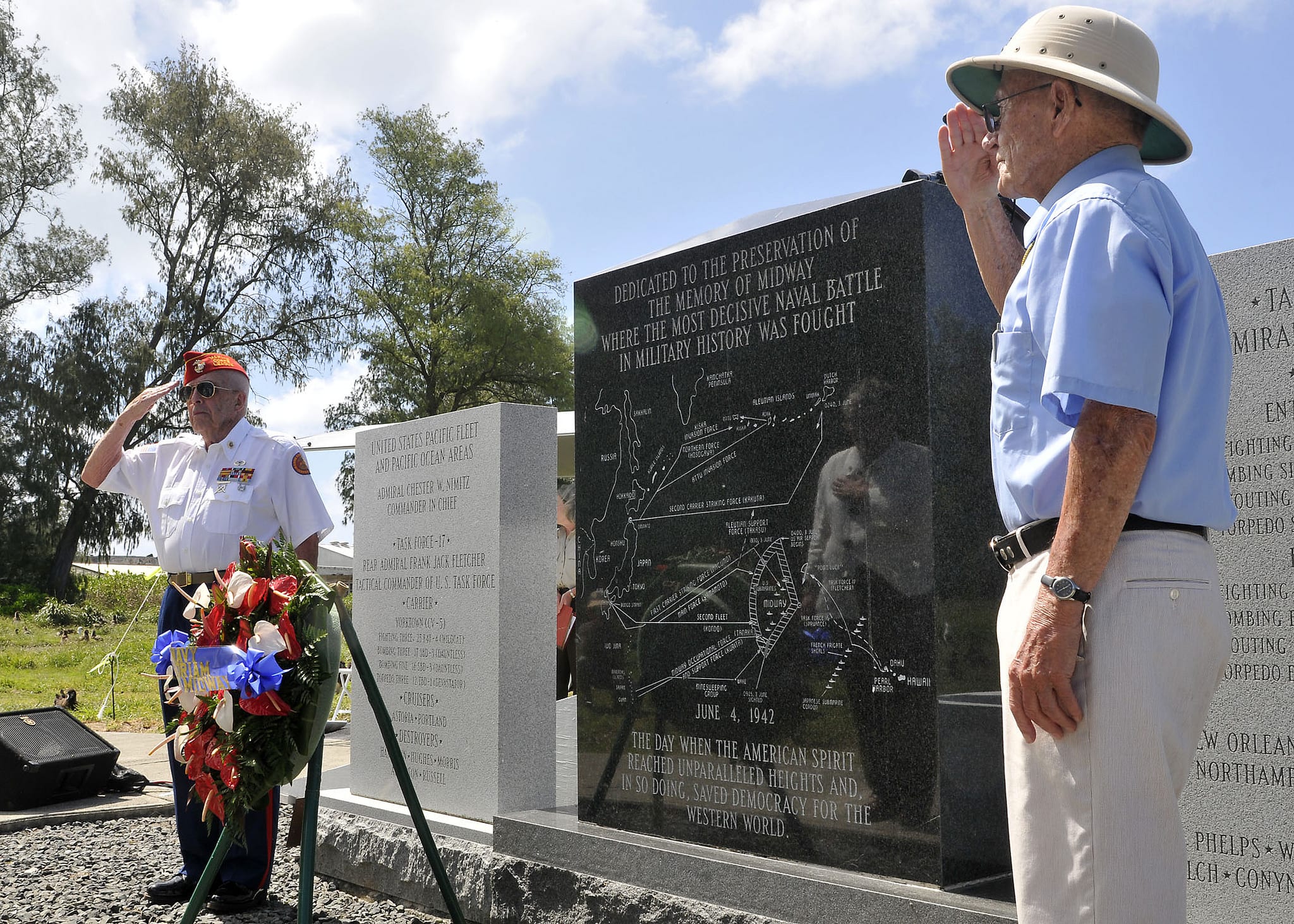One undeniable reality of human existence is that a person’s death is not the end of their influence and impact.
This is commonly observed even in the secular world. Quite often, a person’s greatest work takes place after death.
John Kennedy Toole wrote the novel Confederacy of Dunces and never lived to see it printed. Tragically, the rejection of eight consecutive publishers led him to believe he would never see success and he took his own life in 1969. Fortunately his mother believed in him more than he believed in himself and pursued the novel’s publication. It became a national bestseller and won the Pulitzer Prize for fiction in 1981.
Unknown singer-songwriter Otis Redding had just finished performing at the Monterey Pop Festival in 1967, with such stars as Janis Joplin and Jimi Hendrix. It was the pinnacle of his career. He rented a houseboat for a week on San Francisco Bay to ponder his future. While “wasting time” Otis got the inspiration to write his “Sittin’ on the Dock o’ the Bay.” He died three days later in a plane crash. He never saw his song rocket to the top of the charts and become one of the most enduring songs of the Sixties.
None of us should judge his or her life a failure if he or she sees no fruit of his labor by life’s end
Jonathan Larson wrote what seemed to be an unpromising musical, entitled Rent. Sadly, he died just hours after the final dress rehearsal due to a brain aneurysm. He never lived to see his play open to rave reviews at an off Broadway theater, then move on to Broadway and win the Pulitzer Prize for drama in 1996.
At the time of her death in 1886, Emily Dickinson had only published seven poems. Hardly a successful ending to an obscure, secluded life. While going through her personal effects, her sister, Lavinia, discovered more than 800 of her previously unknown poems. Lavinia had many of these published in 1890 under the title The Poems of Emily Dickinson. Emily Dickinson authored 1,789 poems. She is recognized as a towering figure of American literature.

Similarly, Herman Mellville (1819-1891) died in obscurity, long before he was recognized for his literary genius. His most famous novel, Moby Dick (published 1851) was a disappointing failure when first published. And the novel that initially won him fame, Billy Budd, was not published until 1924, 33 years after his death! Like so many others, Herman Melville’s greatest achievements and impact were only felt long after his death. There is certainly a lesson in this: None of us should judge his or her life a failure if he or she sees no fruit of his labor by life’s end. Even from the vantage point of death, we cannot see that our greatest work is yet to come.
But there is another unforeseen aspect of our death. Often, a person’s death may be the very catalyst of his or her greatest work. The obscure missionaries John and Betty Stam labored for only one year in China before meeting their death at the hands of Communist revolutionaries in the 1930s. Initially it seemed like such a waste. Years of ministry training and language study, only to be beheaded after so short a time of service. Yet when their deaths were announced at Moody Bible Institute, more than a thousand students were inspired to enter missionary work. From the deaths of John and Betty Stam, their impact was multiplied a thousand-fold.
Many a man and woman have triggered their greatest and most enduring work by death rather than by life
Samson, the biblical strongman, killed more of the enemy by his death than by his life (Judges 16:31). Jesus Christ raised more to life at the moment of his death (Matthew 27:50-53) than he did throughout his life on earth. Many a man and woman have triggered their greatest and most enduring work by death rather than by life.
PRAYER:
Dear Father in heaven, help me to live with eternity in mind. Help me to grasp that death is not always tragic nor the end. Help me to understand that both by living and by dying I may glorify you and accomplish great things. Amen.







